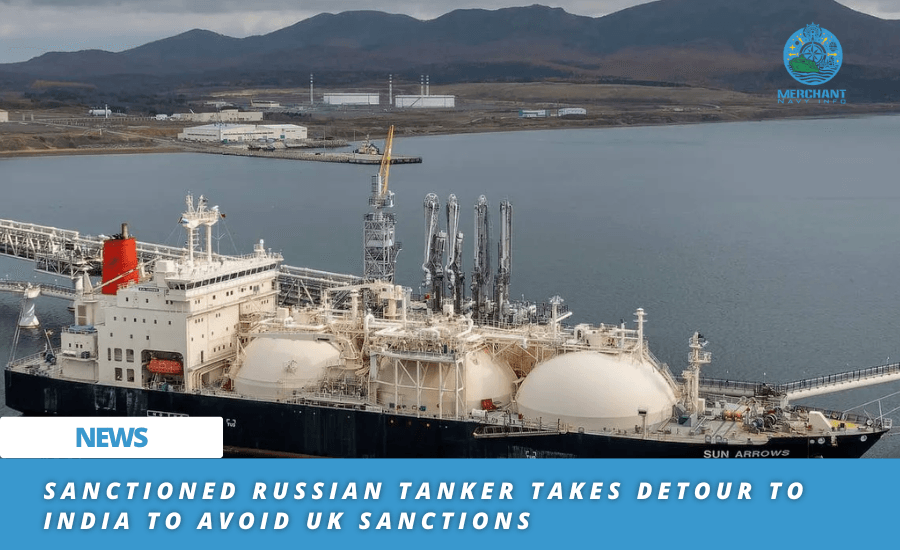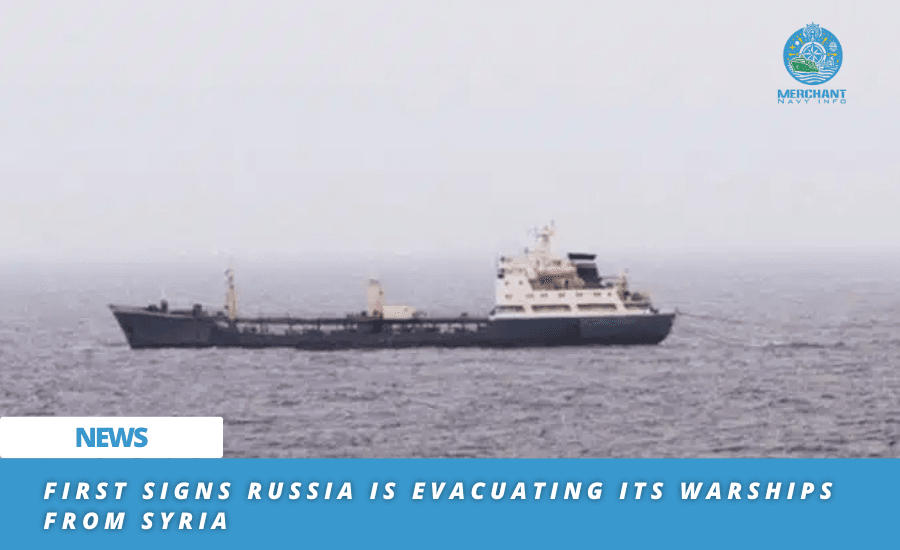
Chinese Buyers Are Soaking Up Unsold Oil As Iranian Crude Flows Slow
China’s independent refiners bought oil from across the Middle East and Africa, with Iranian supplies remaining tighter and pricier than usual, partly because of expanded U.S. sanctions.
According to traders who requested anonymity, one major processor bought about 10 million barrels of crude from Abu Dhabi and Qatar. They added that the cargoes will load in December and January, helping to smooth out a glut of unsold crude from previous trading cycles.
China’s independent refiners generally prefer cheaper Iranian crude and receive about 90% of the OPEC member’s exports. Still, a slowdown in the amount of oil available for purchase has changed buying habits. The incoming Trump administration has also forced some major processing companies to stay away from Tehran crude because of their exposure to U.S. banks, Energy Aspects reported.
Traders and shippers attributed the lack of Iranian supply to the U.S. expansion of sanctions in October, which included more Dark Fleet tankers that traded between Iran and China. The action reduced the number of vessels available for ship-to-ship transfers, limiting supply and raising prices.
Iranian oil flows to China fell more than 10% this month compared with October, according to Kpler. Meanwhile, shipbroker Sentosa said in a report that West African crude output hit its highest monthly level in at least two years, partly due to higher Iranian oil prices.
Traders said Beijing’s decision to issue more teapot import quotas also spurred buying activity. Refiners were asked to submit orders to buy more crude months ago and received verbal approval this week, but they added some of them started buying before confirmation.
According to traders, Shandong province refineries have collectively sought about 3.8 million tonnes, or 28.5 million barrels, of quotas, valid until the year’s end.
The Ministry of Commerce did not respond to a faxed request for comment on the matter.
The initial rally in Middle Eastern oil was driven by record trading activity in Dubai-related contracts in recent months. Traders said that resulted in delivered cargoes that were not consumed and had to find buyers later.
President-elect Donald Trump’s threats to impose tariffs on China, Canada, and Mexico have already unnerved markets, and investors are watching how his administration will deal with Iran. Sanctions on OPEC producers are expected to tighten, Energy Aspects reported.
Major concerns include the possibility of sanctions on Black Fleet tankers en route to their destinations, which would spook ports waiting to receive vessels and leave cargoes stranded at sea. Ship-to-ship transfers off the coast of Malaysia, a process used to hide the origin of Iranian cargoes by reclassifying them as Malaysian oil, could face greater scrutiny.










